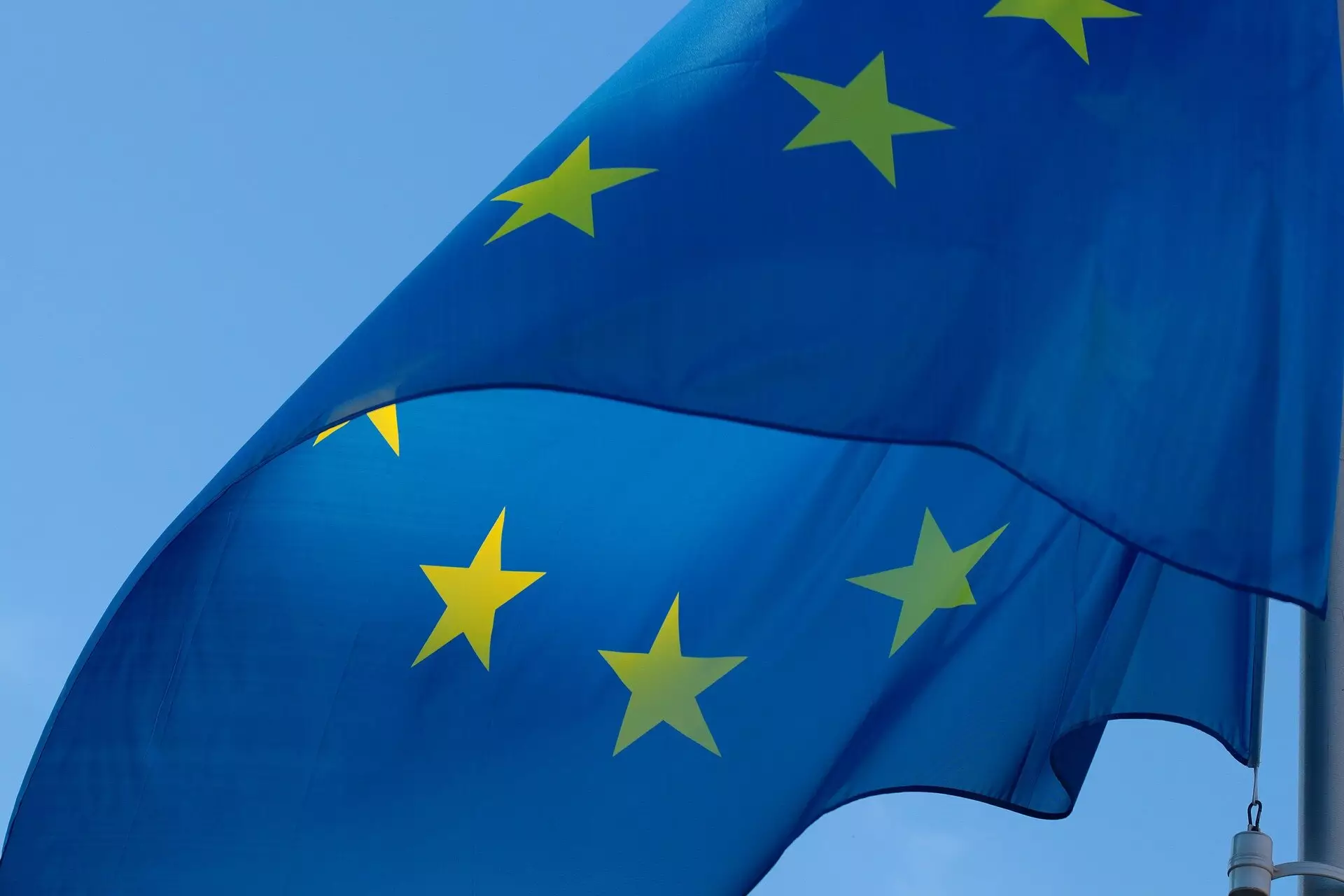As the European Parliament elections approach, it is essential to recognize the significant impact that the European Union has had on shaping technology through various regulations and directives. These measures have not only aimed at protecting personal data but also at leveling the playing field for businesses operating within the EU.
One of the most notable regulations that the European Union introduced is the General Data Protection Regulation (GDPR), which came into effect in 2018. The GDPR requires websites to seek consent from users before collecting their personal data, thus enhancing privacy and security online. While this regulation is a step in the right direction to safeguard personal information, it has also brought about challenges for internet users who now have to navigate through pop-up windows and permissions settings.
Building on a 2014 EU ruling, the GDPR further solidified the right to be forgotten, allowing individuals to request the removal of their personal data under certain circumstances. This has led to an increase in such requests, with people seeking to have their data erased from various online platforms. While Google initially contested these regulations, it eventually started complying with the requests, showing a shift towards prioritizing user privacy.
Roaming Charges and Standardization
In 2017, the EU took a significant step by banning roaming charges within its member states, providing relief to consumers who were previously burdened with exorbitant fees while using their mobile phones abroad. This move not only reduced costs for travelers but also simplified the process of using mobile services across different countries. Additionally, the EU mandated the use of USB-C ports on all portable tech devices sold within the bloc, promoting standardization and eliminating the need for multiple charging cables.
Regulating Big Tech Platforms
The EU has also implemented regulations to address the dominance of big tech companies in the online marketplace. These laws aim to create a more level playing field by requiring major platforms to provide access to their competitors’ services. For example, Google can no longer redirect users from its search engine to its maps app seamlessly, promoting fair competition and consumer choice. While these rules are still being tested, they represent a step towards curbing monopolistic practices in the digital space.
The European Union has been at the forefront of reshaping the tech landscape through various regulations and directives. From protecting personal data to standardizing technology and promoting competition, these measures have aimed at creating a more secure, user-friendly, and diverse digital environment. As the tech industry continues to evolve, the EU’s role in regulating this sector will be crucial in ensuring the welfare and rights of both consumers and businesses alike.


Leave a Reply